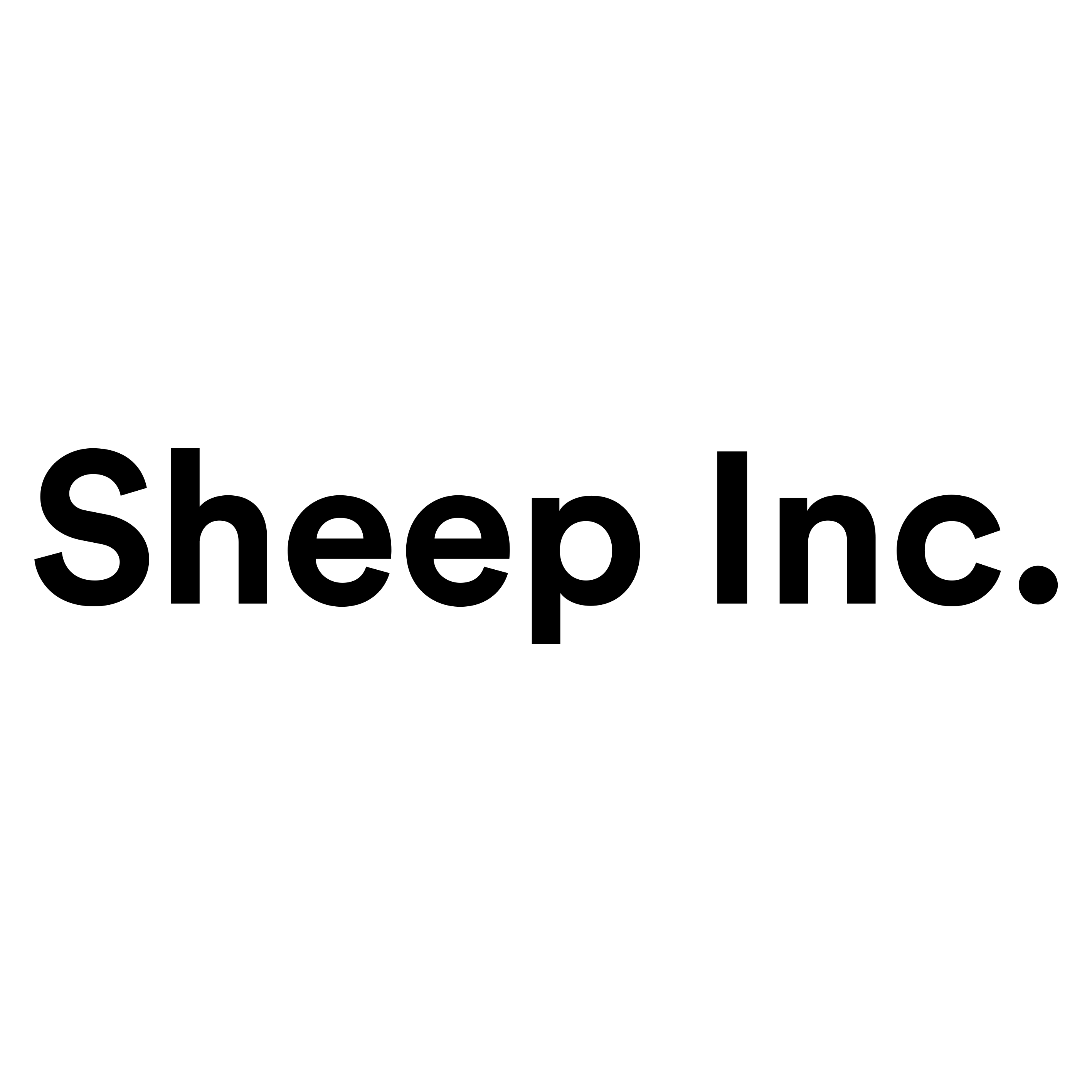

Sheep Included Ltd.

United Kingdom, United Kingdom
March 2025
Apparel
Wholesale/Retail
United Kingdom
Sheep Inc. stands as a trailblazer in the fashion revolution, embodying sustainability and radical transparency. As the first carbon-negative fashion label, Sheep Inc. transcends traditional industry standards by actively reversing its carbon footprint. Each piece of knitwear, crafted from the world’s finest Merino wool, is a testament to this commitment, sourced from farmers dedicated to environmental and animal welfare. Embedded with the innovative Connected Dot—an NFC tag—Sheep Inc.’s garments offer a window into their origins with just a tap, setting a new benchmark for transparency. This redefined luxury ensures durability and ethical production, championing a future where fashion and ecological integrity coexist. Through pioneering design and steadfast ecological commitments, Sheep Inc. invites customers to partake in a legacy of style woven with integrity, reshaping luxury fashion one garment at a time.
Overall B Impact Score
Governance 16.6
Governance evaluates a company's overall mission, engagement around its social/environmental impact, ethics, and transparency. This section also evaluates the ability of a company to protect their mission and formally consider stakeholders in decision making through their corporate structure (e.g. benefit corporation) or corporate governing documents.
What is this? A company with an Impact Business Model is intentionally designed to create a specific positive outcome for one of its stakeholders - such as workers, community, environment, or customers.
Workers 25.5
Workers evaluates a company’s contributions to its employees’ financial security, health & safety, wellness, career development, and engagement & satisfaction. In addition, this section recognizes business models designed to benefit workers, such as companies that are at least 40% owned by non-executive employees and those that have workforce development programs to support individuals with barriers to employment.
Community 41.7
Community evaluates a company’s engagement with and impact on the communities in which it operates, hires from, and sources from. Topics include diversity, equity & inclusion, economic impact, civic engagement, charitable giving, and supply chain management. In addition, this section recognizes business models that are designed to address specific community-oriented problems, such as poverty alleviation through fair trade sourcing or distribution via microenterprises, producer cooperative models, locally focused economic development, and formal charitable giving commitments.
What is this? A company with an Impact Business Model is intentionally designed to create a specific positive outcome for one of its stakeholders - such as workers, community, environment, or customers.
Environment 34.2
Environment evaluates a company’s overall environmental management practices as well as its impact on the air, climate, water, land, and biodiversity. This includes the direct impact of a company’s operations and, when applicable its supply chain and distribution channels. This section also recognizes companies with environmentally innovative production processes and those that sell products or services that have a positive environmental impact. Some examples might include products and services that create renewable energy, reduce consumption or waste, conserve land or wildlife, provide less toxic alternatives to the market, or educate people about environmental problems.
What is this? A company with an Impact Business Model is intentionally designed to create a specific positive outcome for one of its stakeholders - such as workers, community, environment, or customers.
Customers 4.0
Customers evaluates a company’s stewardship of its customers through the quality of its products and services, ethical marketing, data privacy and security, and feedback channels. In addition, this section recognizes products or services that are designed to address a particular social problem for or through its customers, such as health or educational products, arts & media products, serving underserved customers/clients, and services that improve the social impact of other businesses or organizations.